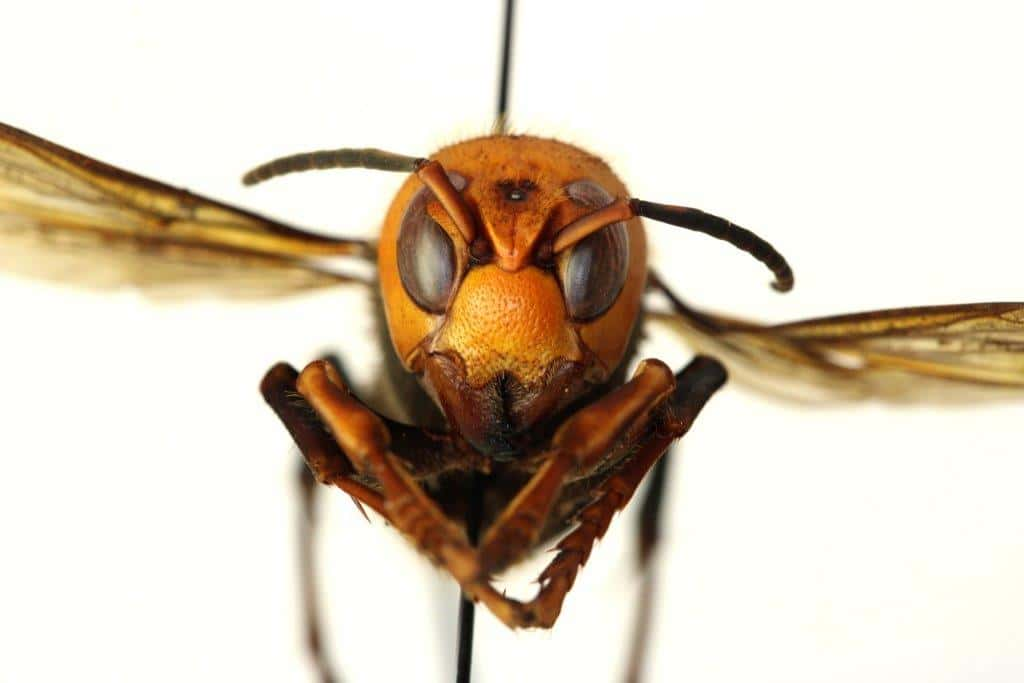
INDIANA – The “murder hornets” are in north America. But, they haven’t murdered anyone and they haven’t made it past Washington State. Ross Harding, with the Central Indiana Beekeeper’s Association, says he doesn’t believe the hornets will be an issue for Indiana’s bees anytime soon.

He said that “they like low mountainous areas and woods. They avoid the plains. So, knowing that, maybe it would stop their traveling.”
So far, the bees have been found on Vancouver Island and in Washington state, in North America. Just a few of the two-inch creatures were found there, leading scientists to believe that perhaps a very small number of nests exist there.
While the term “murder hornet” may seem like a sensationalist media creation, they do actually earn that name because of what they do to bees, and because their venom can be as bad as a rattlesnake, if there are enough stings. Bees are a frequent victim, with some hive owners in Washington, finding their bees with their heads cut off.
Harding said it’s already getting tougher to care for Indiana’s honeybees for a variety of reasons, but they are an important commodity.
“They contribute to so much of our agricultural pollination. Without honeybees specifically, we wouldn’t have a lot of our favorite foods. We really hope to not have an issue.”

Harding said he doesn’t believe it’s “totally worth getting worked up about”. In countries where they have already been found, like the United Kingdom, they are managing them with technology.
“So, they’re using a lot of really neat technology to try to find these in the ground using heat technology. Also they make a certain noise when they fly, so they’re trying to find them that way. And they even put little trackers on their backs, so if they find one they’ll put a tracker on it to figure out where the nest is,” said Harding.
He added that he’s been thinking of ways to defeat the insects.
“On a beehive there’s a lot of different entrance reducers and there’s some that have the little holes where the bee can just fit out. So, I thought, I’ll just use those.”
Cover Image Courtesy Washington State Dept of Agriculture


